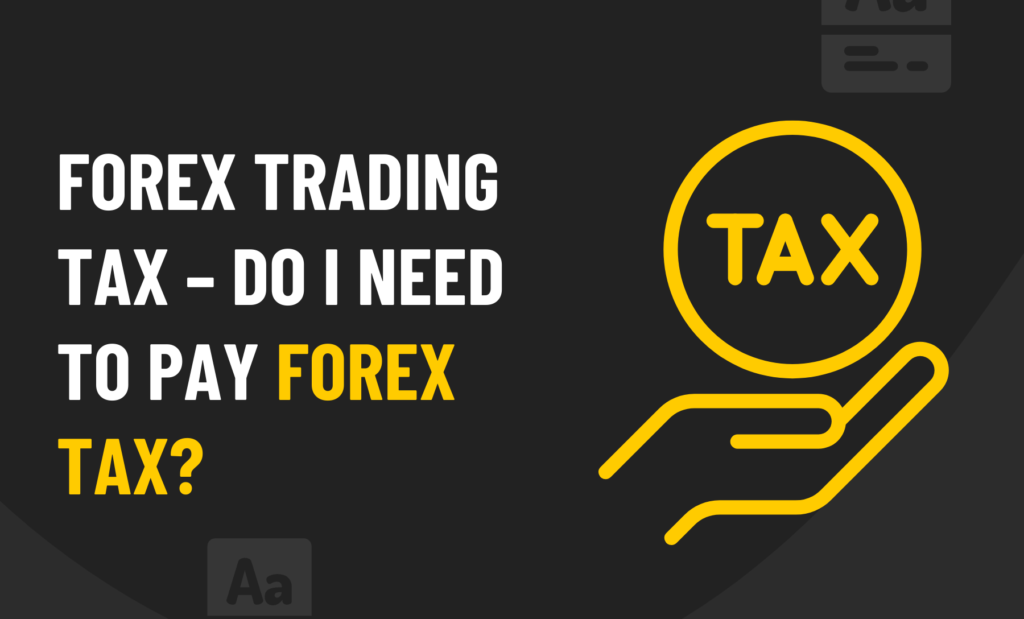Table of Contents
Why is There Tax on Forex?
Nothing in life is free, that being said, investments are included with that as well. There are unclear answers to who exactly pays tax on their Forex investments in both the UK and the US. One thing in common with these is to be sure you do your research and really know your stuff when it comes time to file taxes.
Just because your friend did not have to pay does not mean you will follow suit as well. A good starting point is to double-check with an accountant that will be very familiar with tax regulations and anything else that will be required by you to ensure you submit all the accurate information come tax season.
Investing in the world of Forex could classify you in higher-earning tax brackets if it ends up being counted as a part of your income. In a case like this, it would be taxed like regular income.

Photo Credit: Fox Business
Do I Have to Pay Forex Tax in the UK?
If you live in the UK and trade Forex, you can consider yourself in one of the friendliest tax countries for Forex out there. There are a couple of main points to check over to see if you will have to pay tax on your investments.
There are two types of traders:
- The speculator trades on the side without much strategy or consistency. This trader will have a main source of income well outside of investing.
- The investor is a trader who trades Forex as a main source of income. Because the trades are the main income source, they will then be taxed as any other job would. As an investor, you can sub-classify as a self-employed trader or a private investor.
There are also two types of bet types:
- Spread betting is that of a simple way to trade, and considered a beginner method, and by trading this way it is classified as speculatory or gambling and then would be tax free.
- CFDs are a second way to bet on trades and are done by having the base of all your bets in your own country’s currency. Because of this it is considered a capital gain and is then liable to be taxed.
Know your own personal circumstances as well. To check how you classify, you can run by the HMRC’s checklist. The HMRC will be able to show you if you must pay taxes despite the other two classifications by breaking down which tax bracket you are in, your tax filing status, trade duration, and frequency of trades. Depending on your classification your tax percent can range anywhere from 10% to 45%.
Do I Have to Pay Forex Tax in the US?
Compared to the UK, the US is a bit more strict about who does or does not pay tax on their Forex investments.
Within the US you will qualify as either an investor or a trader. As an investor, you will have to pay tax on your Forex trades. This goes to the tune of combining whatever you made on your Forex account with any other miscellaneous income. As a trader, you will have to meet the requirements set in place by the IRS, but you will pay a certain tax percentage based on whatever tax bracket you fall into as this will determine how much money you will have to pay based on your trades.
Again, similar to the UK, there is also a classification system set that also looks at how many trades were one, frequency, and how much total profit was made after the trades have been completed.
When filing taxes, in addition to reporting how much you made, you can also report losses as well. You can only report up to $3,000 though as a deduction to cover losses.
Another tip here is to watch how you trade. The US tax regulations do factor your trade types, so by diversifying your spread you will be able to have a bit more control over how much you will pay in taxes as different trade types are subject to different percentages.
So What’s the Verdict?
It is likely that you will have to pay tax on your Forex trades.
Again, be sure to speak to an accountant that will be familiar with all tax laws for investing in your respective country.




